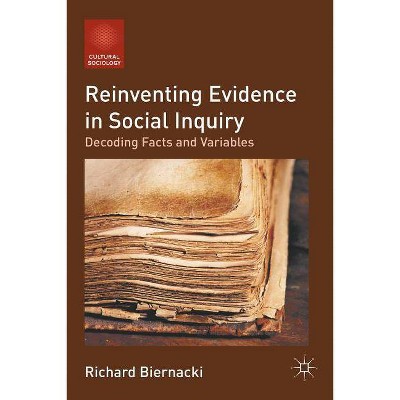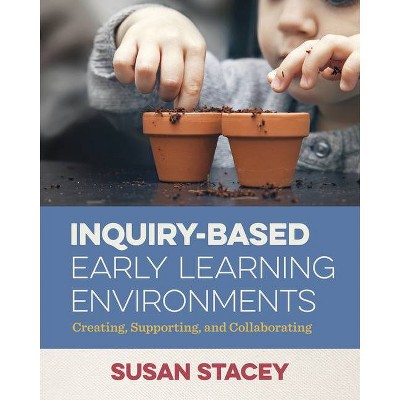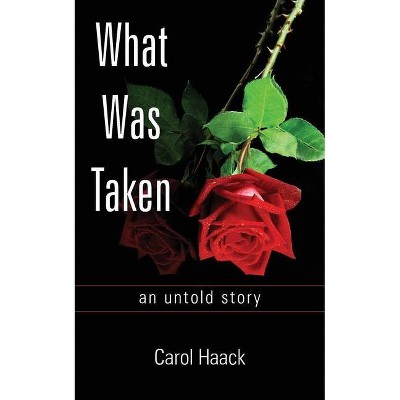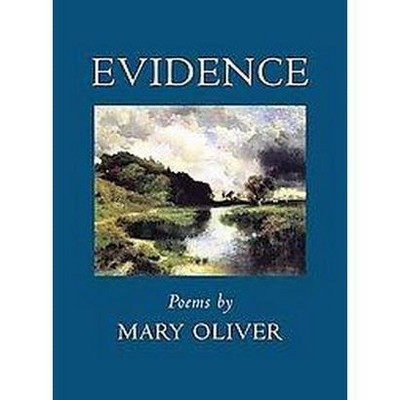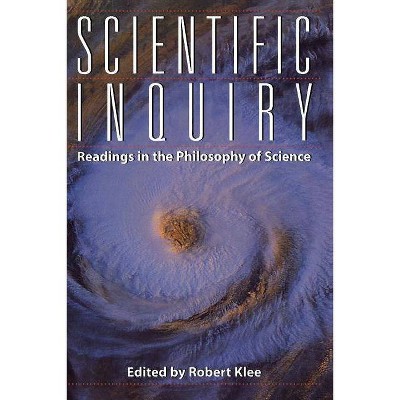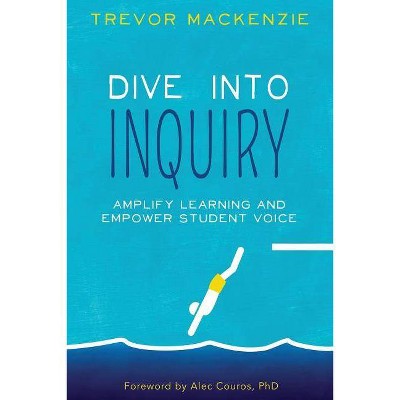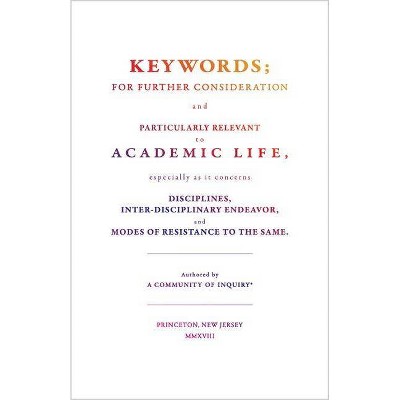Evidence Inquiry - by Susan Haack (Paperback)
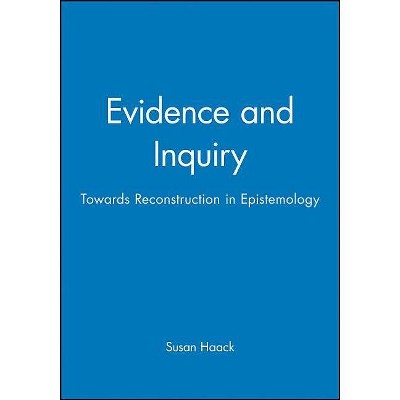
Similar Products
Products of same category from the store
AllProduct info
<p/><br></br><p><b> Book Synopsis </b></p></br></br>In this important new work, Haack develops an original theory of empirical evidence or justification, and argues its appropriateness to the goals of inquiry. In so doing, Haack provides detailed critical case studies of Lewis's foundationalism; Davidson's and Bonjour's coherentism; Popper's 'epistemology without a knowing subject'; Quine's naturalism; Goldman's reliabilism; and Rorty's, Stich's, and the Churchlands' recent obituaries of epistemology.<p/><br></br><p><b> From the Back Cover </b></p></br></br>In this important new work, Haack develops an original theory of empirical evidence or justification, and argues its appropriateness to the goals of inquiry. In so doing, she provides detailed critical case studies of Lewis's foundationalism; Davidson's and Bonjour's coherentism; Popper's `epistemology without a knowing subject'; Quine's naturalism; Goldman's reliabilism; and Rorty's, Stich's, and the Churchlands' recent obituaries of epistemology.<p/><br></br><p><b> Review Quotes </b></p></br></br><br>.philosophers will enjoy Haack's verve, and profit from her many insights. <i>Jonathatn Vogel, Amherst College, Book Reviews</i> <p>This book is at once a fine introduction and a significant contribution to contemporary epistemology. In addition to elaborating and persuasively defending a position of her own which adroitly steers between the Scylla of apriorism and the Charybdis of scientism, Haack discusses and makes powerful and highly detailed criticisms of the views of a range of contemporary philosophers - Sir Karl Popper, W. V. O. Quine, Richard Rorty, Alvin Goldman, and Paul and Patricia Churchland, among others - criticisms to which these philosophers and their numerous admirers will have to reply. <i>Hilary Putnam, Harvard University</i></p> <p>In summary, the book presents a good critical examination of recent work in epistemology. Even if one questions the adequacy of Haack's justification of foundherentism, the theory deserves careful examination. <i>Daniel E Flage, James Madison University for The Review of Metaphysics</i></p> <p>This book lives up to its subtitle. It includes a powerful and valuable critique of recent epistemology, meticulously distinguishing theses which are often merged; and it argues for a theory of justification which is strongly coherentist but allows for empirical input. <i>Australasian Journal of Philosophy</i></p> <p><br /> Susan Haack here offers a new look at traditional theory of knowledge. She knows the subject well and proposes reasonable and original solutions to its problems. The book is forceful and refreshing and very much worth the attention of anyone who is interested in epistemology. <i>Roderick M. Chisholm, Brown University</i></p> <p>I read Susan Haack's book with both pleasure and profit. It contains a uniquely thorough critique of standard epistemological theories and of more recent attempts (eg. Rorty's) to discredit, or replace, the whole analytical enterprise. The failures of traditional foundationalist and coherence accounts are plainly displayed and a satisfying synthesis of the legitimate elements in both is achieved. The whole is done with an exemplary clarity. <i>Sir Peter Strawson, Magdalen College, Oxford</i></p> <p>Susan Haack's book is a most impressive contribution to the recent revival of epistemology. It is at once comprehensive - both in the range of problems that it deals with and in the wealth of recent discussion that it examines - and judicious - in the care with which things often confused are discriminated and with which conclusions are kept firmly in touch with the reasons that support them. Susan Haack's demolition of various forms of fashionable relativism is admirably effective. I was pleased to discover that I have, without realizing it, always been some kind of foundherentist. <i>Anthony Quinton, Trinity College, Oxford</i></p> <p>It is likely to be the theory that will carry epistemology into the 21st century. <i>Peirce Project Newsletter, Summer 1995</i></p> <p>The entire book is a model of clear analysis and rigorous argument, but this latter critique is also entertaining because Haack directs sharp wit as well as sharp arguments against today's philosophical avant-garde. <i>John Greco, Fordham University</i></p> <p>Susan Haack's <i>Evidence and Inquiry: Towards Reconstruction in Epistemology</i> is a wide-ranging, lively, and provocative contribution to recent epistemology. <i>Richard Feldman, Mind</i></p> <p>Professor Haack has humour and commonsense, both well displayed in her chastisements of Steven Stich and Richard Rorty in Chapter 9, 'Vulgar Pragmatism: An Unedifying Prospect, ' and - more gently- in other obligatory putdowns of rival theorists... <i>Wallace Matson, Reason Papers</i></p> <p> Susan Haack is a philosopher of great distinction, one of the world's leading experts in logic and the theory of knowledge <i>National Review</i></p><br><p/><br></br><p><b> About the Author </b></p></br></br><b>Susan Haack, </b> formerly Professor of Philosophy at the University of Warwick, is now Professor of Philosophy at the University of Miami. She is author of <i>Deviant Logic</i> and <i>Philosophy of Logics, </i> and of articles on epistemology, metaphysics, and pragmatism.
Price History
Price Archive shows prices from various stores, lets you see history and find the cheapest. There is no actual sale on the website. For all support, inquiry and suggestion messages communication@pricearchive.us
